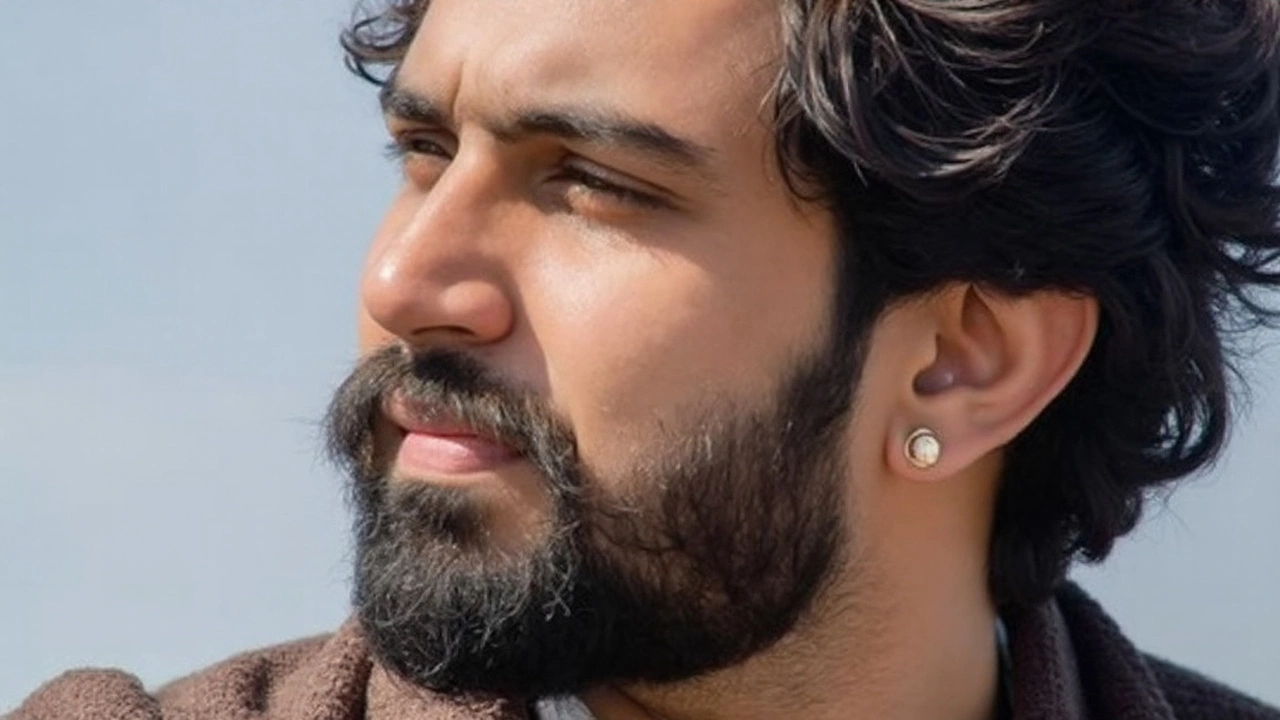Interfaith Relationships: What They Are and Why They Matter
When two people fall in love but come from different religions, they create an interfaith relationship. It’s a mix of love, belief, culture, and family expectations. In India, where faith is a big part of daily life, these unions can bring fresh perspectives and also stir strong emotions. Understanding the basics helps you navigate the journey better.
Common Challenges
One of the first hurdles is family reaction. Parents may worry about rituals, festivals, or raising kids with mixed faiths. Friends can also add pressure, especially if they see the couple’s choices as a break from tradition. These reactions aren’t always negative, but they can create tension that needs honest conversation.
Culture is another big piece. Even if both partners share a modern outlook, they might celebrate holidays differently, follow different dietary rules, or have distinct expectations about gender roles. Simple things like who pays for a wedding or what music plays at a ceremony can become heated topics if not discussed early.
Legal aspects matter too. In India, the Special Marriage Act lets couples marry without converting, but the paperwork can be lengthy and sometimes confusing. Knowing which law applies to you, whether it’s the Hindu Marriage Act, the Muslim Personal Law, or the Special Marriage Act, saves time and reduces stress.
Practical Tips for a Healthy Interfaith Union
Open communication is the foundation. Talk about beliefs, how you’ll celebrate festivals, and how you’ll raise children. Write down agreements if it helps—nothing formal, just a reference point. Being clear now prevents bigger arguments later.
Respect each other’s rituals. Even if you don’t practice a religion, attending a partner’s prayer or celebrating a holiday shows you value their background. It’s not about converting; it’s about sharing moments that matter to them.
Build a support network. Look for friends or groups who understand interfaith dynamics. Many cities have clubs or online forums where couples exchange advice and stories. Seeing other couples thrive can boost confidence when you face doubts.
Address family concerns thoughtfully. Invite relatives to events, explain your choices calmly, and give them time to adjust. You don’t have to change your partner’s faith, but showing that you honor both traditions can ease many worries.
Finally, focus on the love that brought you together. Remember why you chose each other beyond religion. When challenges arise, that shared purpose will guide you back to common ground.
Interfaith relationships are growing across India, from city metros to smaller towns. News stories about couples navigating legal battles or celebrating joint festivals illustrate that love can bridge any divide. With patience, respect, and clear communication, you can turn differences into strengths and create a vibrant, inclusive family.

Composer-singer Amaal Mallik says a five-year relationship ended after his partner’s family rejected him over religion and his Bollywood career. He recalls a last-minute call before her arranged marriage and explains his mixed-faith background and secular outlook. After headlines flared, he clarified he wasn’t attacking any community. His story adds to the wider talk about interfaith love and family pressure in India.
